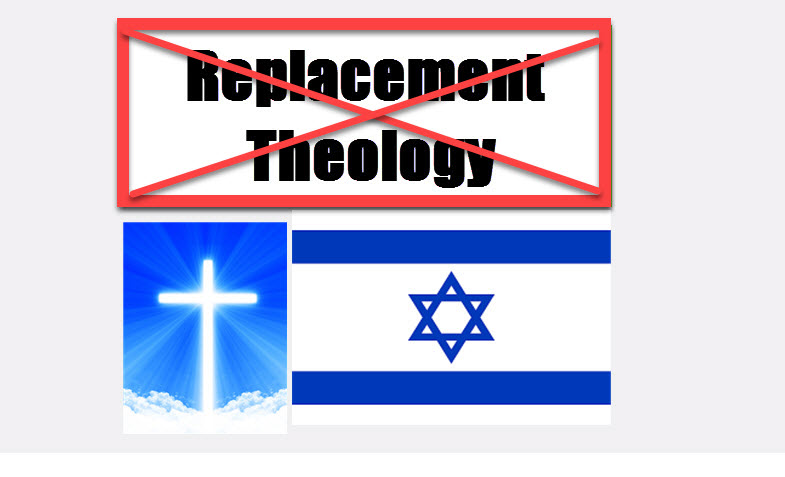 Do you know how the date for Easter is selected each year?
Do you know how the date for Easter is selected each year?
In 325 the Council of Nicaea established that Easter would be held on the first Sunday after the first full moon occurring on or after the vernal equinox (around March 20th or the 1st day of Spring).
From that point forward, the Easter date depended on the approximation of March 21 for the vernal equinox. Easter is delayed by 1 week if the full moon is on Sunday, which decreases the chances of it falling on the same day as the Jewish Passover.
(Really??….. Keep reading for more clarification!)
Persecution of the Jews by Rome began in earnest with the destruction of the second Jewish temple in 70 AD up until the conversion of the Roman emperor Constantine to Christianity. Constantine subsequently convened the Council of Nicaea in 325 AD to set forth the edicts of this “new” religion
GotAnswers.org reports that the four Gospels make it clear that Jesus was crucified in conjunction with the Jewish Passover (Matthew 26:17-19; Mark 14:12-16; Luke 22:7-15; John 18:28,39; 19:14). The four Gospels also make it clear that Jesus was raised from the dead three days later, on the first day of the week (Matthew 28:1; Mark 16:2,9; Luke 24:1; John 20:1,19). Biblically speaking, then, Christ’s resurrection should be celebrated on the first Sunday after the Jewish Passover meal. However, this is not the case. Easter is celebrated on the first Sunday after the first full moon after the vernal equinox (March 21 in 2008, the first day of spring). This method of determining the date of Easter often results in Easter being before Passover and/or displaced far from Passover. Easter can potentially be observed anywhere between March 22 and April 25.
Click below:
The Bible does not instruct Christians to set aside a day to celebrate Christ’s resurrection. At the same time, the resurrection is most assuredly worth celebrating (1 Corinthians chapter 15). Celebration of Christ’s resurrection, then, is a matter of Christian freedom. Christians are free to celebrate the day of Christ’s resurrection and are free to refrain from celebrating. Since it is a matter of Christian freedom and not a biblical command, it would seem that there is also freedom as to precisely when the celebration of Christ’s resurrection is observed. Just as with Christmas, the exact date is not important. It is the fact that Christ was resurrected that is important. Christians are free to follow the traditional dating system for Easter, thereby observing Easter on the first Sunday after the first full moon after the vernal equinox. At the same time, the lack of conjunction with Passover and the questionable (at best) motives for the method of scheduling Easter make it highly doubtful that Christ’s resurrection is being celebrated according to the biblical calendar.
Like this article? Like us on Facebook
